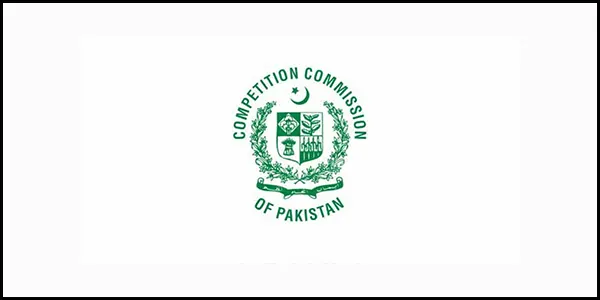In line with its commitment to safeguarding consumers against anti-competitive behaviour and offering valuable insights to stakeholders regarding Section 10 of the Competition Act, 2010, the Competition Commission of Pakistan (CCP) has devised comprehensive guidelines pertaining to deceptive marketing practices, and how to steer clear of them.
The Guidelines on Deceptive Marketing Practices, which are being issued by CCP under Sections 28 and 29 of the Act, aim to provide a comprehensive explanation of the scope and application of Section 10 of the Act.
The guidelines draw upon issues raised in cases involving false or misleading advertising and other deceptive marketing practices that the CCP has resolved or adjudicated since 2008.
Therefore, they contain general information and illustrative examples based on jurisprudence developed through the Commission’s decisions over the years, intended to guide all stakeholders.
In broad terms, the Guidelines cover key concepts such as the principle of net general impression, material information, false and misleading information, and implied and express claims, among others.
It also explains various forms of Deceptive Marketing Practices prevalent in the market and provides guidance on how businesses can ensure they do not engage in such violations.
The Guidelines also touch upon the method of filing a complaint, remedies available under competition law, and the enforcement powers available to the Commission. The guidelines have been made available on the official website of CCP, which can be accessed at www.cc.gov.pk.
Stakeholders are advised to study the Act in conjunction with these Guidelines and to seek legal advice where necessary.
It may be noted that the information contained in these Guidelines is not exhaustive and does not limit the investigation and enforcement powers of the Commission. The Commission reserve its right to amend these Guidelines from time to time.
In 2008, an Office of Fair Trade (OFT) was established with the goal of encouraging businesses to comply with Section 10 of the Competition Law and improve their trade practices through compliance-oriented approach while taking decisive action against hardcore or flagrant offenders of the Act. The OFT serves as a watchdog to create a business environment in Pakistan based on healthy competition and to protect consumers from deceptive marketing practices. The OFT also aims to ensure that consumers are provided with adequate information to make informed choices.
It is CCP’s mandate, under the Competition Act, to ensure free competition in all spheres of commercial and economic activity, to enhance economic efficiency, and to protect consumers from anti-competitive behaviour, including deceptive marketing practices.










